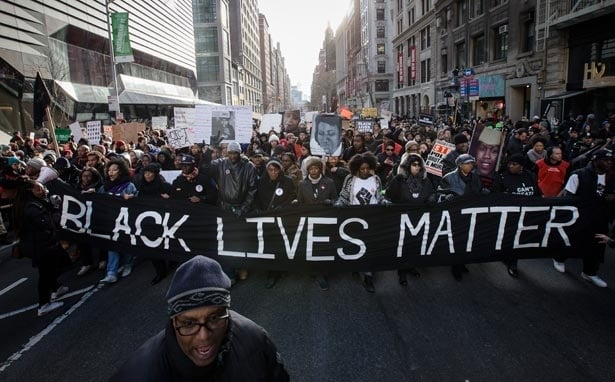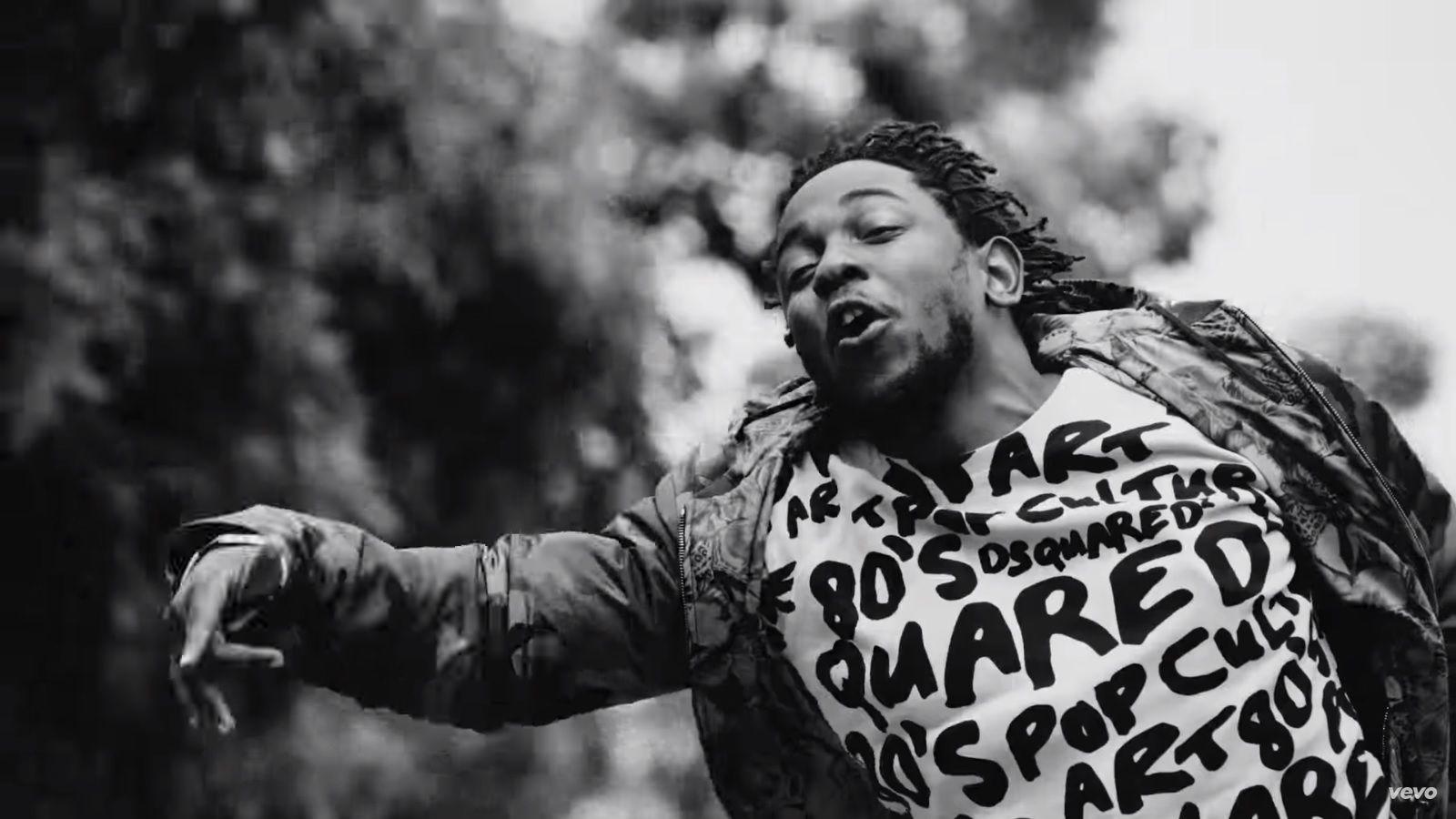

"What you think is the future for me and my generation today?" he asks. Lamar can no longer turn inward to answer such questions and instead seeks the spirit of 2Pac to answer the questions he’s been struggling with throughout the album. While not so much it’s opposite, To Pimp a Butterfly seeks spiritual closure and finds spiritual possibility. He does not placate or even allow for a false of sense of emotional progress that redemptive narrative arcs establish. The second disc’s penultimate song, "Like It Is", strives for a redemptive arc, but as the last track starts with a TV-like voiceover saying "Next time on Poppy Street", Staples reassumes the gangster role he was just shedding and cuts the track mid-verse to the sound of static fuzz. To its credit, Staples’ Summertime '06 ends in a fog of what is expected of black kids who are never given a chance to succeed. What else could one expect of music from the disenfranchised that primarily concerns itself with examining a world that doesn’t care about them? Yet the nihilism is curtailed when an artist offers a way out of the pain. Lamar’s rap fame-fear has shades of a youth pastor-one who realizes his power to lead lost souls to salvation, but stresses each day if he himself is truly walking on the righteous path. That is what drives "These Walls", "u", and "i"-that Lamar’s greatest fear is that he is exactly the kind of rapper who speaks a big talk but is not there for those who need him and cannot connect to those who need the good word the most. He stresses over whether his message is getting through to the people and if he’s even communicating the right words at this moment. The album burrows deep within Lamar and the spiritual complexities he embodies. To Pimp a Butterfly, Lamar’s follow-up to good kid, m.A.A.d city, needs a higher power. Still, for those like myself there was warmth, a comfort in addressing that bleakness, of merely admitting that the world does not care about all of its creations equally and that there is no reason to act otherwise.

This is blackness at its darkest, where no light of faith can reach.

He speaks to blackness without religion, without teasing earned hope or trading temporal pain with eternal salvation. Lamar opens his album meekly praying to the Lord that he’s a "sinner" Staples plainly states he’s a "nigga" and that is all the world wants to see in him. The conceit isn’t dissimilar to Kendrick Lamar’s good kid, m.A.A.d city, where Lamar finds himself navigating the seeming inevitabilities of gang life, death, prison, and other obliterations. On Staples’ Summertime '06, he dives into the type of life lived by kids a decade ago, when they were leaving childhood innocence and starting to run with the grimier, grimmer aspects of life in Southern California.


 0 kommentar(er)
0 kommentar(er)
